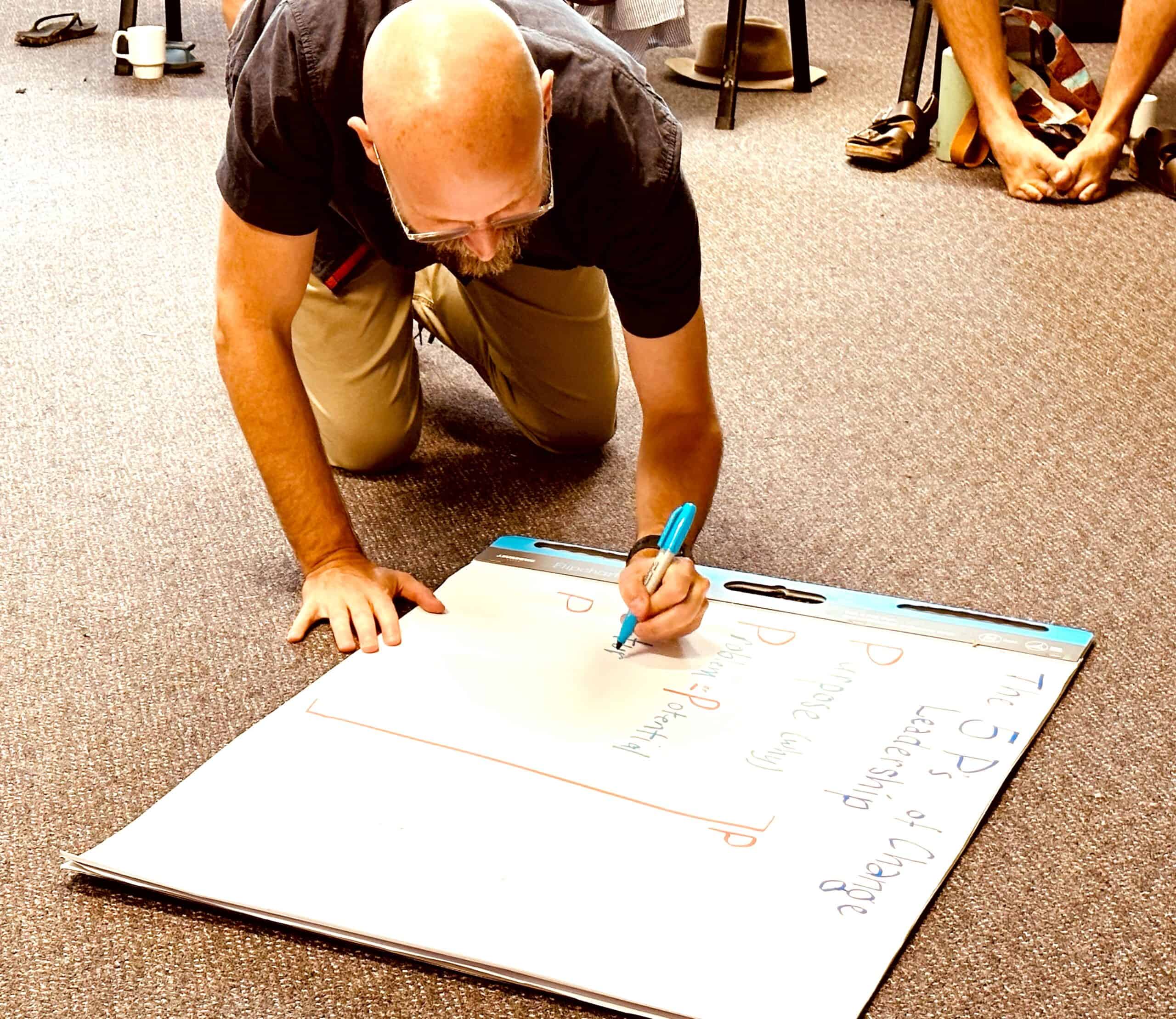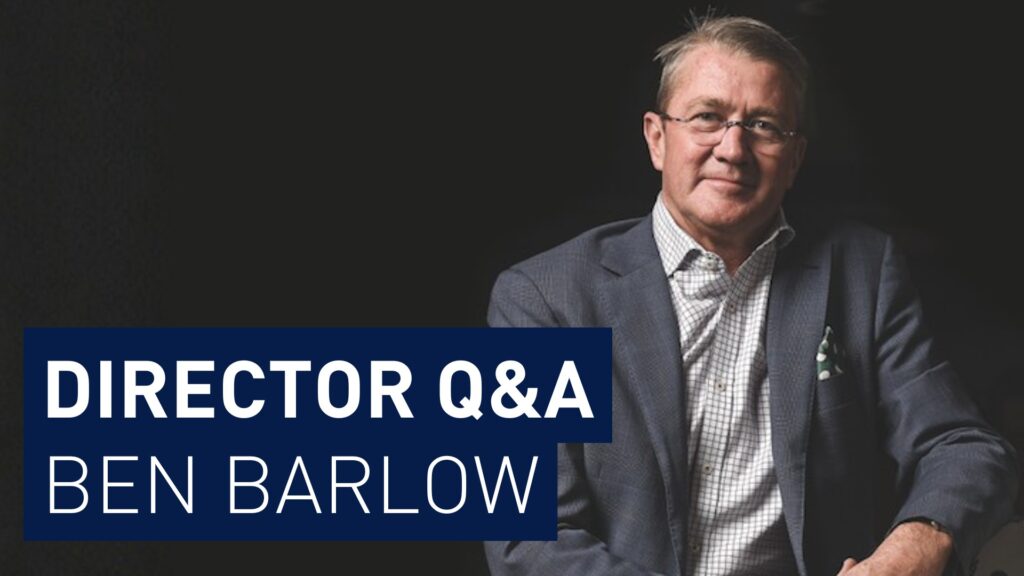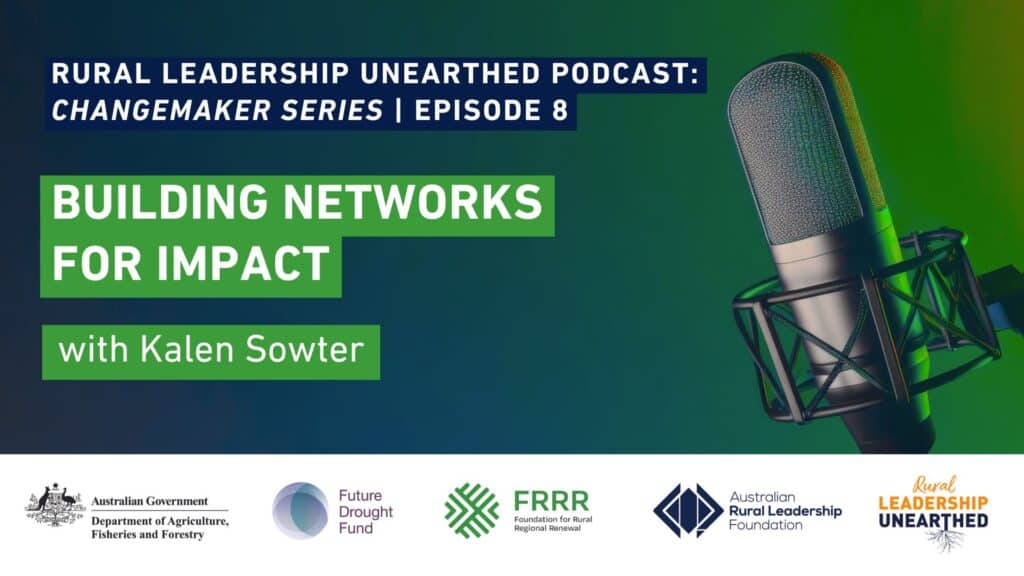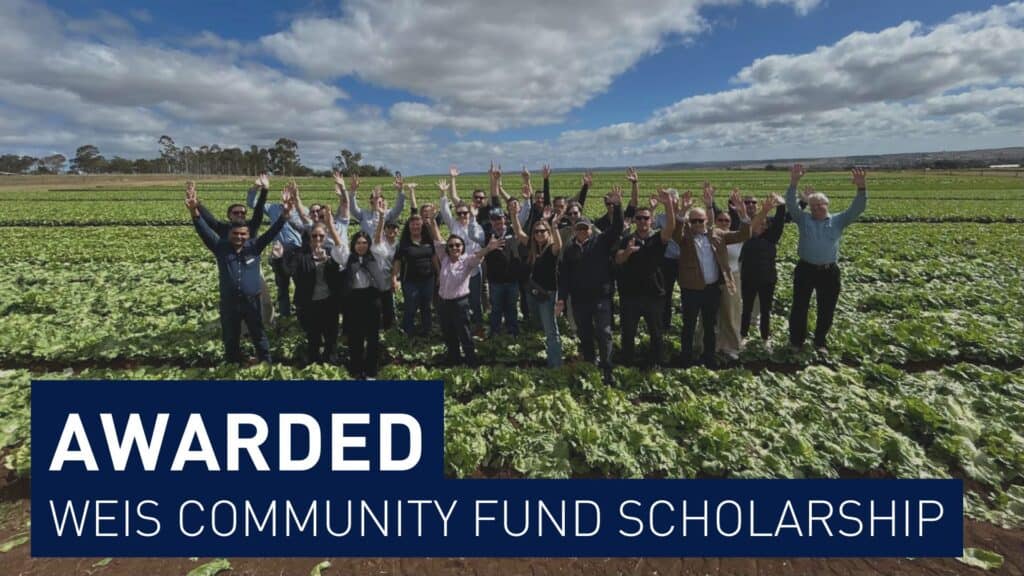Leadership practitioners can look to almost any field for insights into adaptation and community engagement. Even in such humble places as a packet cake mix or a reality TV show.
On a recent program in the Northern Rivers region, we discussed the importance of community and stakeholder participation in change leadership.
To illustrate the principle, I told the well-known story of the origins of the Betty Crocker cake mix. When General Mills launched the product in 1921, the original mix was a flop. It was designed so that all the cook had to do was add water.
This simple add-water solution insulted people who were experienced cake makers and therefore well-accustomed to the importance of getting the right balance of ingredients.
Yet General Mills were convinced there was a market for this. They went back to the drawing board and made one change to the mix. They simply removed the egg powder and asked the user to add their own egg.
Changing this one element in the mix invited the user to contribute to the process. Through being an active participant in the process, they went from passive cook to active baker. General Mills added a new value to the mix: home-made authenticity (Finding Betty Crocker by Susan Marks).
The add-an-egg principle – engaging people in the leadership process
This ‘add an egg’ principle has relevance beyond baking. It’s a reminder that people want—and need—to authentically be part of the process of leadership. It isn’t enough to simply come in and tell people your plans. In any team or community, people want to add their own egg.
ARLF partnered with youth-development organization, the Mandala Project, on another recent program in the Nambucca region for emerging leaders. Mandala takes this leadership principle to another level as part of a MasterChef activity.
Participants created a three-course community meal from a spread of random ingredients. The cool thing about this activity is that most of the participants had never cooked a three-course meal before, necessitating a higher level of collaboration and creativity than a simple ‘cake mix.’
To make it more complicated, they had to cater for a variety of dietary needs. This reflected the diverse and dynamic nature of community and the need to be aware and inclusive. As leaders, they consulted each person to make sure what they were planning would work before they even entered the kitchen.
The outcome was impressive. Not only did the participants create an amazing meal where everyone had their needs catered for; they collectively created a community celebration including toasts and dancing. It turns out there’s more to a good meal than the ingredients.
Community innovation – working with unknown ingredients
Community innovation is like this. Communities are often working with unknown ingredients that don’t at first appear like they might fit together. And community leaders don’t always have a background in the change they are seeking to create. Again, the upside is that it forces a higher level of creativity and collaboration.
The Australian Rural Leadership Foundation works with communities before and after fires, floods, and droughts. It recognises the kind of leadership required in these situations is adaptive by nature—more akin MasterChef than taking in a pre-made cake mix.
As a leader we can go into a community as leaders and give orders to people who don’t have experience in the ‘kitchen.’ This may work in the short-term, especially in a crisis. But if wanting to create long-term change, creativity and collaboration is key.
If leaders come in with pre-conceived ideas of the change they are seeking to create, it is easy to bypass the individual needs of the people they are leading.
This process has the leadership practices of awareness, affiliation, advocacy and adaptation built into the process ahead of taking action. As a result, the community experiences an authentic and genuinely engaging outcome.
This article is a contribution by Benny Callaghan. Benny is a leadership consultant and coach who works throughout regional Australia, including with the Australian Rural Leadership Foundation.





